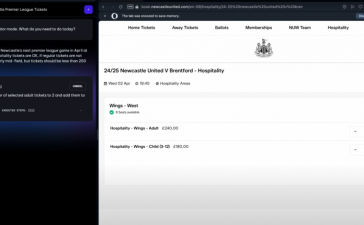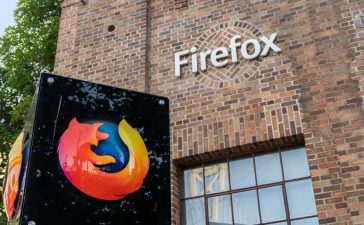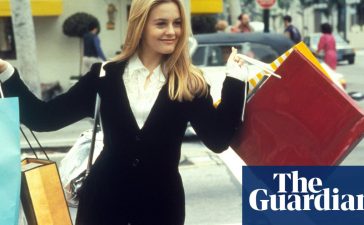It’s always interesting to me how the HBO series Watchmen helped bring the Tulsa massacre into the pop culture consciousness in a big way. Could your film be the step in that process for the Wilmington massacre?
Richen: We haven’t been asked that question! You know, I think all of these things build on each other. Watchmen was an HBO series with famous people and all of that, so it’s a little bit of a different beast. But there was an independent film about Wilmington that came out a few years ago, which is when I first heard about it. Then the David Zucchino book won the Pultizer Prize in 2021, and now there’s this film. Let’s hope Wilmington continues to get into the public consciousness in the same way Tulsa has. These events of racial terror need to be a part of our history.
Lichtenstein: I do want to add that Yoruba is a really good actor, so if a series does happen, I think she should be in it. [Laughs]
We’ve seen a concerted attempt in conservative circles to dismiss the kind of historical reckoning that your film deals with as being “too woke.” The Wilmington residents that you interview in the film don’t seem feel that way, though. What’s the disconnect between that larger messaging versus what you saw on the ground?
Lichtenstein: One of the things that happens over and over in America’s history is that America tries to write a narrative that puts itself in a position of being that shining beacon on the hill. The desire to look at ourselves honestly gets pushed down in favor of that exceptionalism narrative. Wilmington is a great example of a story that was deliberately buried for so long. When we talked to white descendants, many of them told us that they never really knew about what happened or that they were told something different than what the truth was. We’ll never be the country we try to be if we don’t have some reckoning with our past and be accountable to it.
Richen: What I’ve found in making these kinds of films is that people are hungry to be awake. And that is what gives me hope, quite frankly. So whenever I hear that phrase “woke,” I always feel that we need to counter that with, “You want to be asleep?”
How did you divide up the interviews for the film?
Lichtenstein: One of the advantages of being a Black and white directing team is that to the degree that interviewees might feel more comfortable [with one of us], we’re able to accommodate them. But Yoruba and I also have a seamless division of labor: some things tended to fall into my purview, and some fell into hers. I think she interviewed more scholars than I did, and I interviewed more descendants than she did. And some of that also just came down to our schedule and the fact that we trusted each other.












